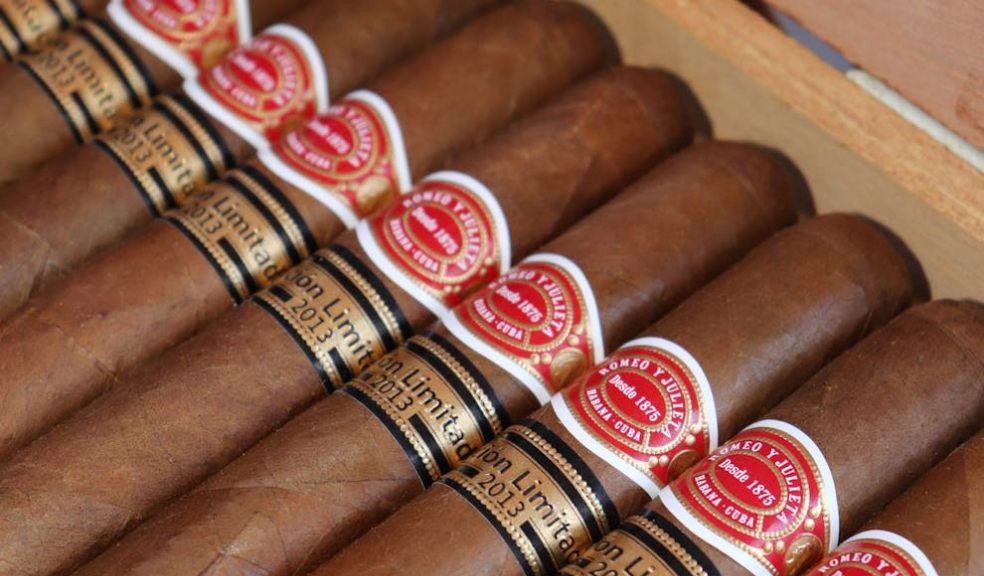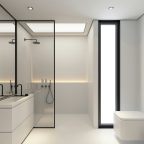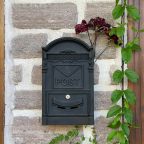
The Ultimate Guide to Cigar Preservation
If you're a cigar enthusiast like me, you know that maintaining the perfect environment for your cigars is essential for preserving their flavor and quality. In this comprehensive guide, we'll dive deep into the world of cigar preservation, covering everything from humidity control to airflow considerations. By the end, you'll be equipped with the knowledge and tools to keep your cigar collection in optimal condition, ensuring a consistently enjoyable smoking experience.
Humidity Control
First up, let's talk about humidity control, arguably the most critical aspect of cigar preservation. Cigars thrive in a specific humidity range, typically around 65-70% relative humidity (RH). This level of humidity keeps the cigars supple and prevents them from drying out or becoming too moist, which can lead to mold growth. To ensure your cigars are stored at the right humidity level, investing in a quality hygrometer is a must. Hygrometers measure the relative humidity inside your humidor, allowing you to make adjustments as needed.
When it comes to humidification, there are several methods to choose from. Traditional humidors from companies such as Northwoods Humidors, are often made of wood and lined with Spanish cedar. Indeed, they’re a popular choice among cigar enthusiasts. These humidors provide an elegant and effective way to store cigars while maintaining proper humidity levels. For those who prefer a more hands-off approach, electronic humidifiers offer precise control over humidity levels and are ideal for larger collections. If you're on a budget or looking for a portable option, humidification packs, such as Boveda or Humi-Smart packs, are convenient and effective for maintaining consistent humidity in smaller storage containers.
Maintaining consistent humidity levels is key to preserving your cigars. Fluctuations in humidity can cause cigars to expand and contract, leading to uneven burning and flavor inconsistencies. To prevent this, it's essential to monitor your humidor regularly and make adjustments as needed. This might mean refilling your humidification device, adding or removing humidification packs, or adjusting the ventilation in your humidor to allow for better airflow. With a little diligence and attention to detail, you can ensure that your cigars remain in prime condition for years to come.
Temperature Management
Now, let's turn our attention to temperature management, another crucial factor in cigar preservation. Just like humidity, temperature plays a significant role in how your cigars age and develop flavor. The ideal temperature for storing cigars is around 65-70°F (18-21°C). Excessive heat can cause the oils in cigars to evaporate, resulting in a loss of flavor and aroma, while extreme cold can cause the tobacco to become brittle and affect the smoking experience.
To maintain a stable temperature environment for your cigars, consider investing in a dedicated storage unit, such as a cigar cooler or wineador. These units are equipped with thermoelectric or compressor-based cooling systems that provide precise temperature control, ensuring your cigars are kept at the optimal temperature year-round. If a dedicated storage unit is not an option, storing your cigars in a cool, dark place, away from direct sunlight and drafts, can help mitigate temperature fluctuations.
Airflow Considerations
Last but not least, let's talk about airflow considerations in cigar preservation. While it might not be the first thing that comes to mind, airflow plays a crucial role in maintaining the quality of your cigars. Proper airflow allows cigars to breathe, preventing the buildup of stale air and ensuring even aging and flavor distribution.
Spanish cedar-lined humidors are a popular choice among cigar enthusiasts, not only for their aesthetic appeal but also for their ability to regulate airflow. Spanish cedar is naturally resistant to mold and helps absorb excess moisture, creating the perfect environment for aging cigars. When selecting a humidor, look for one with adequate ventilation to allow for proper airflow while still maintaining the desired humidity level.
What Influences the Price of a Humidor?
Have you ever wondered why some humidors are so expensive? This can be alarming when you’re shopping for one, and you might believe that they’re unaffordable for your collection. However, this is not true. You just need to know why some humidors cost so much and the elements you should pay attention to in order to get a bargain. So, let’s take a closer look at what influences the price of a humidor so that you can stick to your budget.
The Material
First, let’s consider what a humidor is made from. Those made from high-quality, natural materials are likely to be more expensive. For instance, Spanish cedar and mahogany are popular materials and ones that are costlier. Some glass designs can also increase the price you pay. It’s important to think about what material you like and whether it’s going to be good for storing cigars. For instance, wood is known to be helpful with moisture control, which can be worth the investment.
The Capacity
When you’re trying to work out a price, take a look at the capacity of a humidor. Typically, the larger they are and the more cigars they can store, the more expensive they’re going to be. You’ll find that humidors that only store a few cigars will be cheaper to buy. Ultimately, it depends on the size of your collection. If you have a large one and want to continue growing, it’s going to be beneficial to invest in a larger humidor. It’s important to consider what your collection will look like in a year’s time to get the right size. After all, you don’t want to buy two humidors.
The Type
Of course, there are various types of humidors that you need to be aware of. For instance, you have straightforward desktop humidors. Then, you have electric designs, which feature a variety of features. The latter is going to be more expensive. Think about what you need and what will be helpful for preserving your cigars. For example, electric humidors are fantastic at moisture and temperature control, which can make your life easier. So, they’re worth the investment for some who want to take a hands-off approach.













